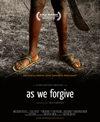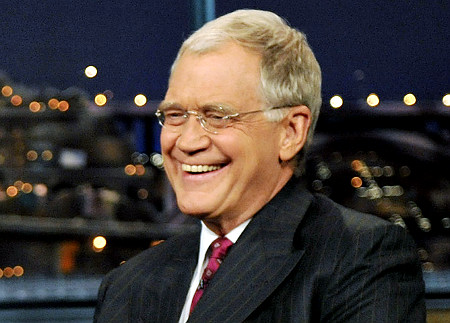
I suppose there are two ways to look at the documentary “As We Forgive.” One way would be to dismiss it’s premise quickly in light of several other documentaries that have already tackled the subject of the genocide in Rwanda in magnificent fashion. The other way to approach “As We Forgive” is to wonder in amazement why there has been so little media follow-up on the tragedy of fifteen years ago when close to a million Rwandans lost their lives.
I didn’t have to watch very much of the film before my opinion of “As We Forgive” fell into the second category. The film centers around the stories of three different people in the aftermath of the massacre. In 2003, when thousands of murderers were released back into their communities, victims had to come face to face with the people who killed their families. What happened next was more than forgiveness; the painful journey of true reconciliation had just begun.
It seems an almost unfathomable scenario: someone rapes and murder’s a family member but then wants forgiveness? But that is the case for Chatale, whose father was murdered by John. And that is the case for childhood friends Rosaria and Saveri after Saveri killed her family members in the uprising. Heinous acts that have torn a part communities cannot be wiped away by an apology. There is a long process, a process the documentary captures effectively.
The documentary’s impact is aided by producer Laura Waters Hinson’s choice to not wrap everythng up neatly by the movie’s end. While Rosaria finds her faith leading her to reconcile with Saveri, we do not see Chantale forgive John for his crimes.
All of which leads to the greater question the film doesn’t answer, but leaves us to consider. If these people are able to find hope and healing under such horrific circumstances , how much more is possible in our lives and in our commnities when it comes reconciliation? As one country puts the pieces back together, it’s a question worth considering.


